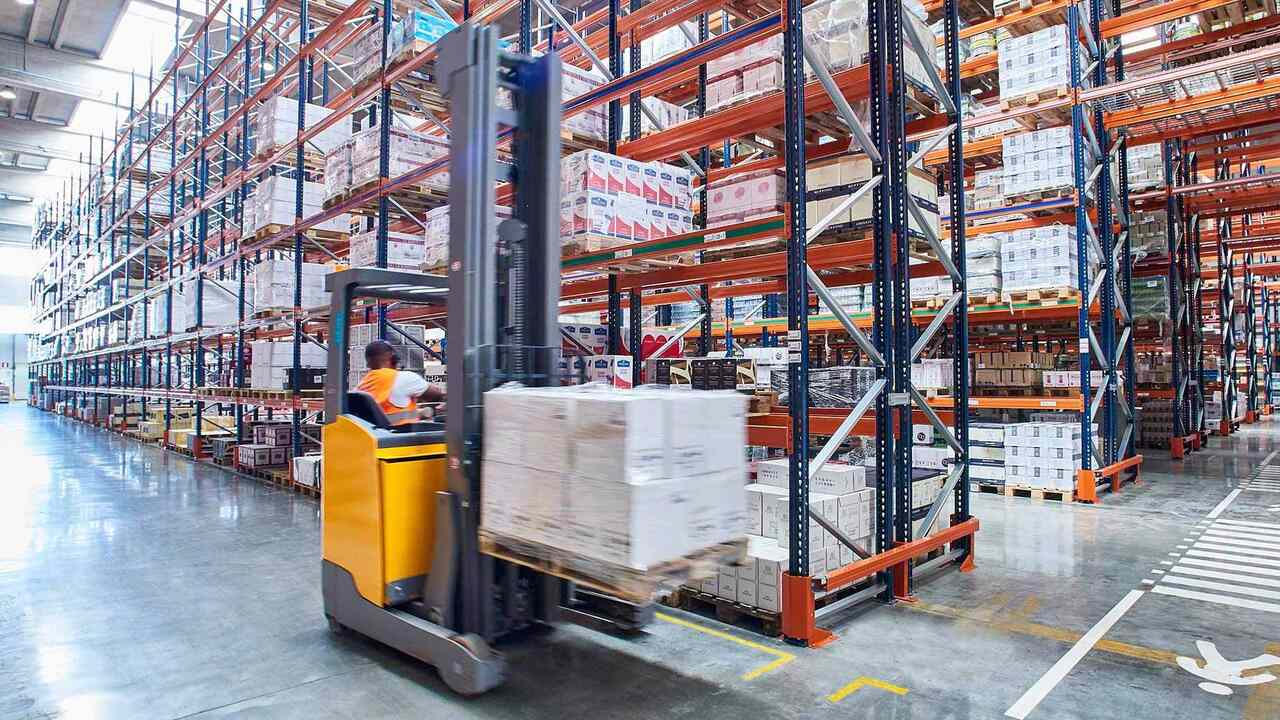
The components of an engine are of utmost importance when it comes to ensuring the efficient functioning of forklifts. These components are the heartbeat of any forklift, responsible for powering these industrial workhorses daily. Ensuring the reliability and longevity of forklifts requires a deep understanding of their engine components and proactive maintenance. This article talks about the critical role these components play and provides valuable tips for buying and maintaining them to keep your forklifts running at peak performance.
Cylinder Block: The cylinder block is the engine's main structural component, housing the engine's cylinders. It is made from cast iron or aluminum and serves as the foundation of the machine. Within the cylinder block, the pistons move up and down, creating the power needed to drive the forklift. Regular inspections are essential to detect any cracks, leaks, or signs of corrosion, as these issues cause significant engine problems if left
Cylinder Head: The cylinder head is on top of the cylinder block and contains the combustion chambers, valves, and sometimes the camshaft. It directs the airflow and fuel into the cylinders and exhaust gases out of them. Inspections of the cylinder head should include checking for valve clearance, proper seating of the valves, and signs of overheating or warping.
Pistons: Pistons are cylindrical components that move up and down inside the engine's cylinders. They are connected to the crankshaft via connecting rods and are responsible for converting the force generated by the combustion process into rotational motion. Proper piston function is essential for maintaining engine efficiency and power.
Piston Rings: Piston rings create a seal between the piston and the cylinder wall. These rings prevent compression gases from escaping into the crankcase and maintain proper compression within the cylinders. Damaged or worn-out piston rings can result in reduced engine efficiency, increased emissions, and even loss of power.
The valve train consists of various components responsible for controlling the flow of air and exhaust gases in and out of the engine's cylinders:
Valves: Valves are positioned within the cylinder head and are responsible for opening and closing to allow air and fuel intake and expulsion of exhaust gases during the engine's four-stroke cycle. Proper valve operation is essential for optimal engine performance.
Camshaft: The camshaft is responsible for actuating the valves. It has lobes that push against the valve stems, causing them to open and close at the right times. Ensuring proper valve timing and adjustment is crucial for preventing power loss and overheating issues.
Fuel Pump: It delivers fuel from the fuel tank to the engine's injectors. It maintains the necessary fuel pressure for proper combustion. A well-maintained fuel pump is essential for consistent engine performance.
Injectors: Fuel injectors spray a fine mist of fuel into the combustion chambers. They need to operate smoothly and deliver the right fuel for efficient combustion.
Filters: These are crucial in guaranteeing that the engine receives clean and contaminant-free fuel for optimal performance. Regularly replacing fuel filters helps maintain optimal engine performance and efficiency.
Spark Plugs: Spark plugs play a critical role in ignition by generating the spark needed to ignite the air-fuel mixture in gas-powered forklifts. Regularly replacing spark plugs and ensuring they are in good condition is essential for reliable starting and combustion.
Ignition Coils: Ignition coils amplify the electrical voltage needed for a spark at the spark plugs. Checking ignition coils for wear and proper functioning is essential to prevent starting issues.
Coolant: The cooling system relies on a mixture of water and coolant (usually antifreeze) to regulate the engine's temperature. Maintaining the correct coolant levels and the right mixture ratio is essential to prevent overheating.
Hoses: Inspecting hoses for leaks, cracks, or signs of wear is crucial. Damaged hoses cause coolant leaks and overheating problems.
Radiator: The radiator dissipates heat from the engine coolant. It should be kept clean and free from obstructions to ensure efficient cooling.
When it's time to replace the components, choosing the right parts is crucial for maintaining reliability. Here are some tips for purchasing forklift components:
Buy OEM Parts
Whenever possible, opt for Original Equipment Manufacturer (OEM) parts. These are designed specifically for your forklift model and are guaranteed to fit and perform correctly.
Check for Compatibility
Ensure that your engine components are compatible with your forklift's make, model, and year. Mismatched parts can lead to poor performance or even damage.
Quality Matters
Invest in high-quality components, even if they cost slightly more. These parts are more likely to be durable and perform reliably in the long run.
Warranty and Guarantees
Look for parts that come with a warranty or guarantee. This provides peace of mind and assurance that you're buying a reliable product.
Consult with Experts
If you're unsure about which components to buy, consult with experts or your forklift manufacturer. They can provide guidance on the best parts for your specific needs.
Maintaining forklift reliability hinges on understanding the critical role engine components play and adhering to a proactive maintenance routine. Regular inspections, proper fluid levels, and timely replacement of consumables are essential practices. When it's time to replace the components, choose high-quality, compatible parts to ensure the longevity and performance of your forklifts.
Hi Everyone, after a due consideration, we have decided that we will be open for donations to help us in managing our website. We will be greatful for any kind of amount we receive. Thanks!
— Midgard Times 🎬 (@Moviesr_net) January 4, 2026
PayPal- [email protected] pic.twitter.com/DlNNz5Npm5
Get all latest content delivered to your email a few times a month.
Bringing Pop Culture News from Every Realm, Get All the Latest Movie, TV News, Reviews & Trailers
Got Any questions? Drop an email to [email protected]